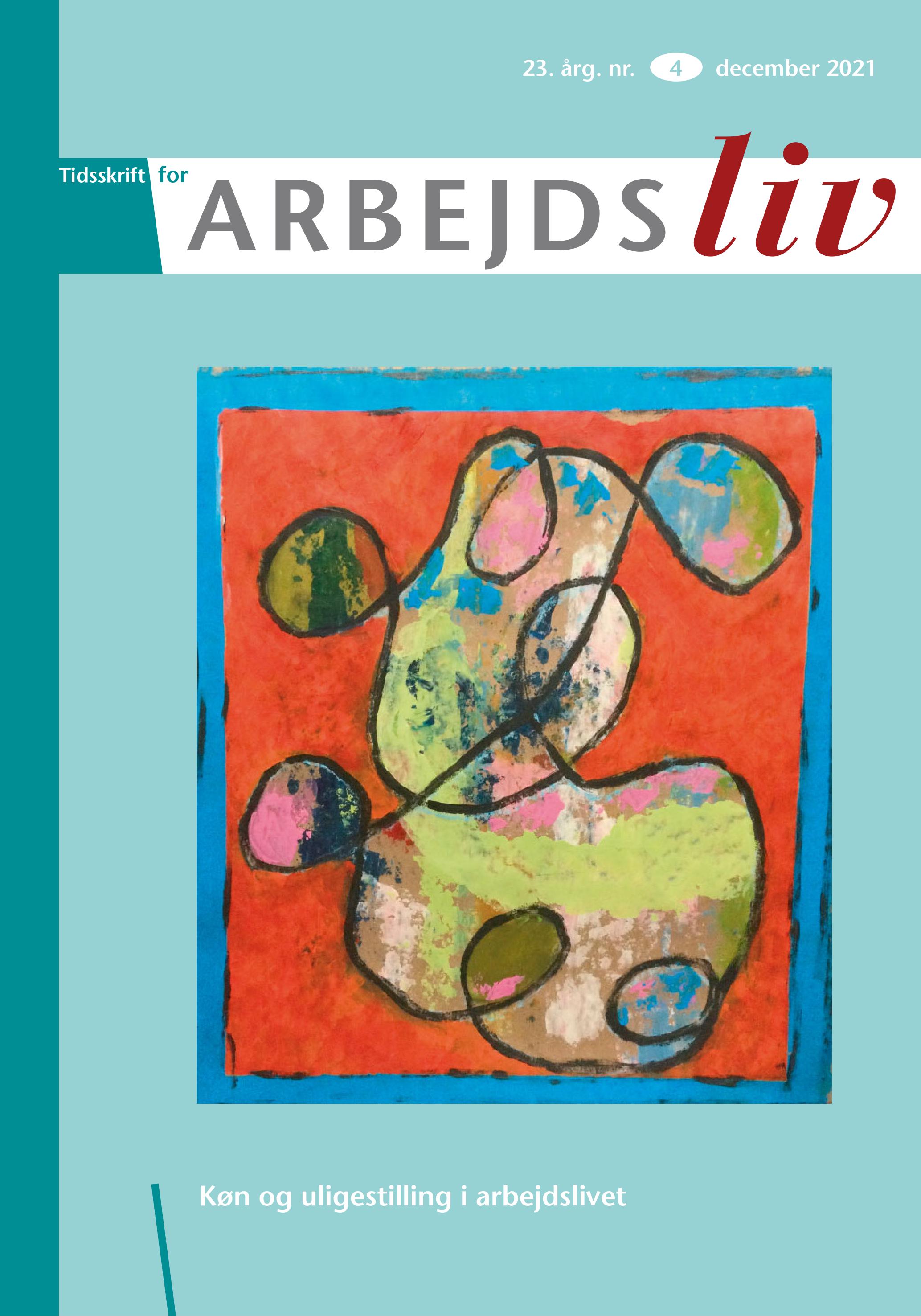Køn og ulighed i adgangen til ledelsespositioner for velfærdsprofessionerne
DOI:
https://doi.org/10.7146/tfa.v23i4.130009Nøgleord:
Velfærdsprofessioner, Køn, Klasse, Etnicitet, Ledelse, Social LukningResumé
Adgangen til ledelsesstillinger er i mange brancher lettere, hvis man er mand, tilhører den etniske majoritet, eller er vokset op i middelklassen eller overklassen. Denne artikel undersøger, om det samme gør sig gældende i velfærdsprofessionerne, der udgør en karrierevej for kvinder, arbejderklasse, og etniske minoriteter og hvor det professionelle ethos er associeret med kvindelighed. Artiklens undersøger om eksisterende dominansforhold inden for køn reproduceres i det velfærdsprofessionelle arbejde gennem ulige adgang til ledelsespositioner, om denne adgang intersekterer med klasse og etnicitet, og om denne adgang har ændret sig for disse grupper i perioden 1980-2020? Dette undersøges for fire kohorter af velfærdsprofessionelle, nemlig samtlige, der færdiggjorde en velfærdsprofessionel uddannelse i hhv. 1980, 1990, 2000 og 2010. Analysen hviler på mikrodata om socioøkonomisk baggrund for de professionelle, og deres professionelle karrierer. Analyserne gennemføres med logistisk regression og viser, at mænd og højere klassepositioner har privilegeret adgang til ledelsesstillinger, med højere sandsynlighed for mænd, og for middel- og overklasserne. Noget tilsvarende er tilfældet for etniske majoritetspersoner, men da den etniske minoritetspopulation i data er meget lille, fortolkes dette som et udtryk for social lukning ved rekruttering til professionerne, og ikke til ledelse.
Downloads
Publiceret
Versioner
- 2022-01-18 (2)
- 2021-12-23 (1)
Citation/Eksport
Nummer
Sektion
Licens

Dette værk er under følgende licens Creative Commons Navngivelse –Ikke-kommerciel (by-nc).
Forfattere, der publicerer deres værker via dette tidsskrift, accepterer følgende vilkår:
- Forfattere bevarer deres ophavsret og giver tidsskriftet ret til første publicering, samtidigt med at værket ét år efter publiceringen er omfattet af en Creative Commons Attribution-licens, der giver andre ret til at dele værket med en anerkendelse af værkets forfatter og første publicering i nærværende tidsskrift.
- Forfattere kan indgå flere separate kontraktlige aftaler om ikke-eksklusiv distribution af tidsskriftets publicerede version af værket (f.eks. sende det til et institutionslager eller udgive det i en bog), med en anerkendelse af værkets første publicering i nærværende tidsskrift.
- Forfattere har ret til og opfordres til at publicere deres værker online (f.eks. i institutionslagre eller på deres websted) forud for og under manuskriptprocessen, da dette kan føre til produktive udvekslinger, samt tidligere og større citater fra publicerede værker (se The Effect of Open Access).





